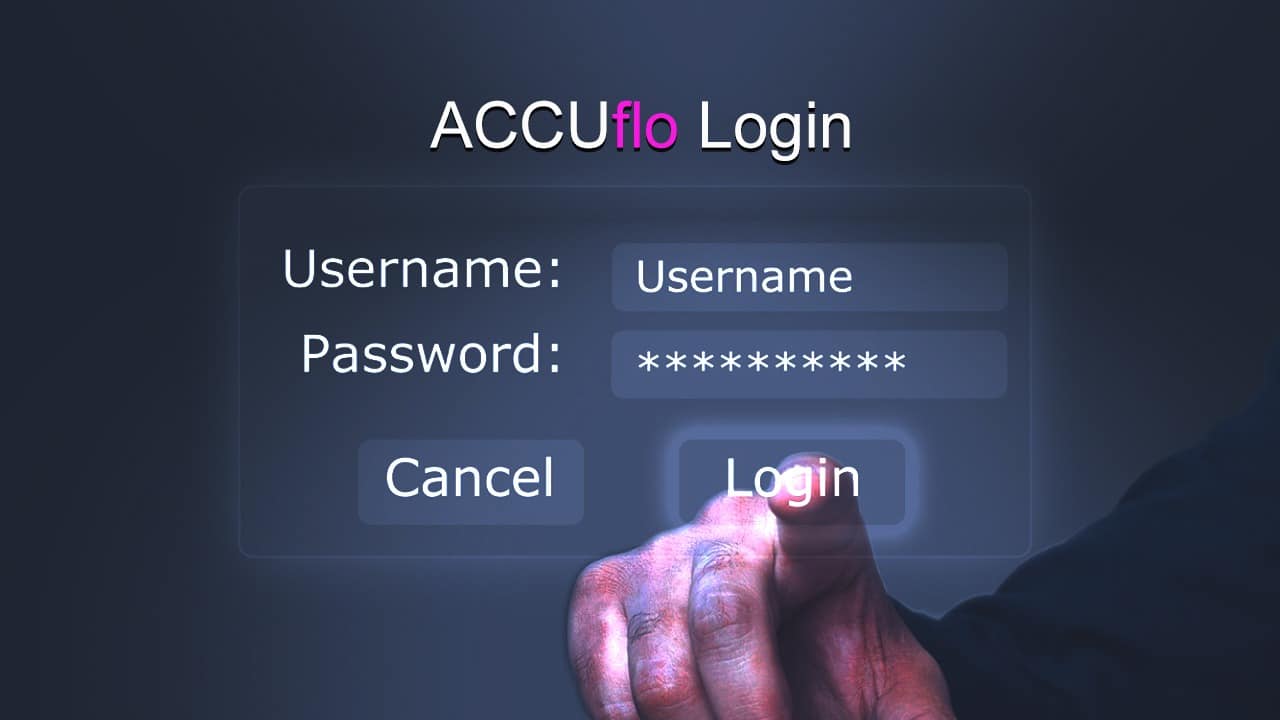Financial emergencies are all too common, and many borrowers are forced to borrow money to cover the costs involved. Sometimes, borrowers are unsure how to proceed when it’s time to apply for a loan. Thankfully, the process isn’t overly complicated. Following a few simple tips is all that’s necessary to obtain a signature loan.
Review Your Credit Scores
Lenders use credit scores when determining whether to approve a loan. The scores provide a snapshot of the loan applicant’s credit history. If an applicant has relatively high credit scores, the odds are good they’ll repay a new loan on time. If you’re applying for a signature loan, knowing your credit scores before applying is strongly recommended. Those scores are available from the credit bureaus.
Be Prepared to Complete the Application and Answer Questions
When applying for any loan, having some basic information available is recommended. Lenders will ask for personal information, your monthly income, current payment obligations, whether you own or rent your home, and other information. In many cases, potential borrowers will need tax returns or other documentation to verify their income, so have pay stubs or W-2 forms on hand.
When completing the application form, be completely honest, as misrepresenting any details could result in the loan being denied. Lenders may also request additional information, which is why having all financial documentation on hand is crucial.
Review Options from Different Lenders
Most people who need cash quickly are tempted to accept the first loan offer they receive. In some instances, that is fine, but review options from a couple of lenders whenever possible. While most lenders are fair and honest, not all are. To protect yourself, consider options from multiple lenders before signing any documents. At the same time, remember that submitting multiple applications could impact your business credit score, so don’t be afraid to ask lenders if an application will result in a soft or hard inquiry.
Read the Contract Before Signing
Many problems are avoided when borrowers take the time to read and understand the loan agreement before they sign it. Look for issues that could create problems in the future. For example, are extra fees assessed to obtain the loan or prepayments penalized? The objective is to minimize extra costs. If everything looks good, sign the documents, obtain the funds, and start making payments.
Understand the Pros and Cons of Signature Loans
All loans have advantages and disadvantages. Once a borrower understands the benefits of a specific loan type, making financial decisions is easier. Here are a few pros and cons of signature loans.
Advantages of Signature Loans
- Interest rates are reasonable.
- Approvals are fast.
- Payments are lower than some other loan types
Disadvantages of Signature Loans
- While interest rates are reasonable, they may be higher than the rates for loans requiring collateral.
- Late payments can result in penalties and reduced credit scores. However, that’s true for any loan.
Remember that lenders loan money with the expectation it will be repaid on time. If borrowers make their payments promptly, the loan costs are minimal and credit scores will rise.
Need Cash? Apply today
Financial emergencies are never fun, but a signature loan can quickly reduce a borrower’s stress levels and make it possible to avoid other financial issues. The first step is to complete and submit the application to a lender. For quick results, submit that application now.






































